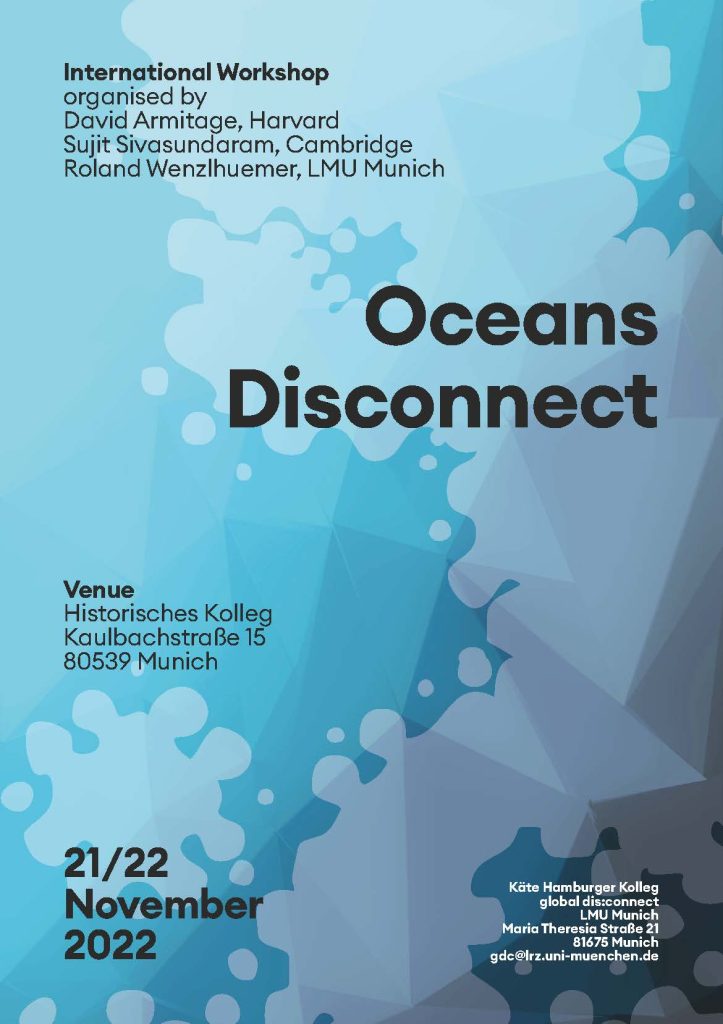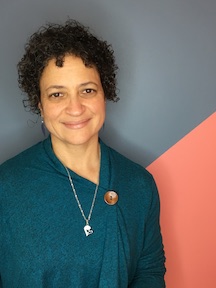Dr. Daniel LaChance, Winship Distinguished Research Professor and Associate Professor of History, has co-organized and will present at a conference on Emory’s campus this week. Titled “Unsettling Law,” the conference is the 24th annual gathering of the Association for the Study of Law, Culture, and the Humanities (LCH). LaChance is currently treasurer of the organization. The Emory University School of Law will host the June 16-17 gathering, which will include mostly in-personal conversations with virtual attendance options available for some events.
LaChance will chair a panel titled “Rethinking Retribution” and present a paper – “Captain Vere’s Electric Chair: The Cultural Politics of State Killing in the Late 19th Century United States” – on a panel centered on “Affect, Attachment and Capital Punishment.” In addition to panels and in an effort to foster the next generation of scholars in law and the humanities, the LCH is holding an all-day workshop for 15 Ph.D. students on Wednesday, June 15, and partially subsidizing their travel and accommodations. Read the overview of the conference below and find out more information here.
Law often resides in the pull between what is settled and what is not. Precedent guides us until it does not. Law’s stability is in constant conversation with its own necessary responsiveness as well as with what troubles it from outside of legal institutions. Disobediences, whether civil or not, have the power to unsettle what is taken to be settled. And forces like climate change pose challenges to settled law by destabilizing what may make obedience and order possible at all. Law continually expands the range of persons it recognizes, for better or worse, while it claims across all changes that it serves the interests of all. Borders exclude but remain permeable, and we argue about what is owed to others regardless of their citizenship status. States claim sovereignty and face refusals from other sovereignties within their borders. Even settler colonialism is a process rather than an outcome, so what is settled and what remains open to different futures may be contested. How do and should we imagine law in these unsettled times? What creative forces might we bring to bear in these moments between past and future, whether for unsettling what ought to change or stabilizing what is endangered? How might different disciplines, methodologies, arts, literatures, and technologies represent, reinforce, or resist unsettling law? We invite proposals taking up that question from a variety of humanities-oriented perspectives.









